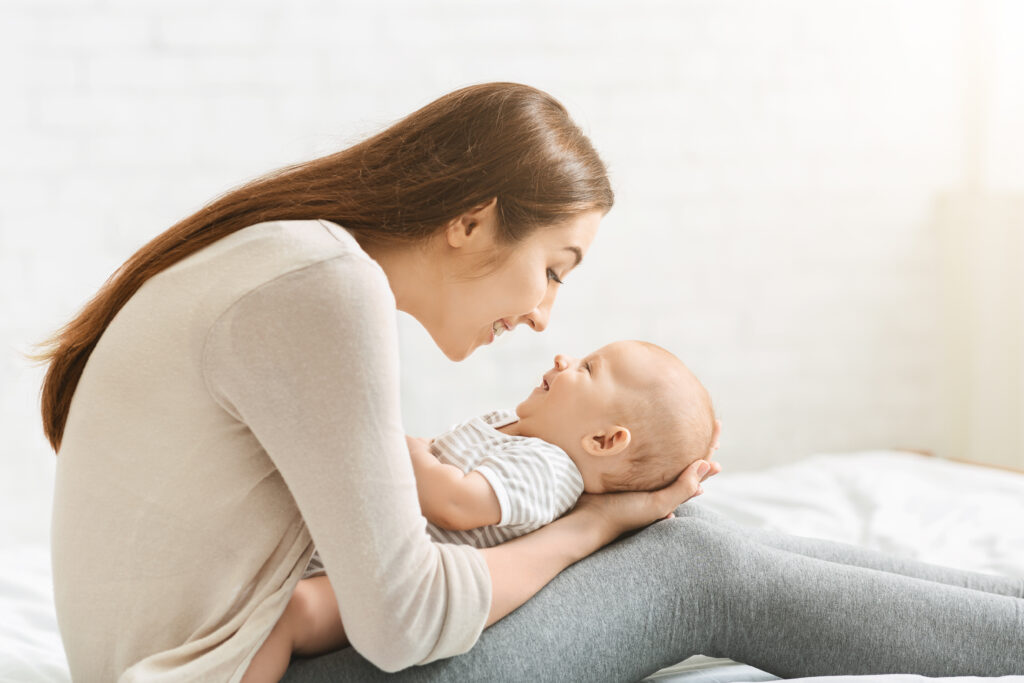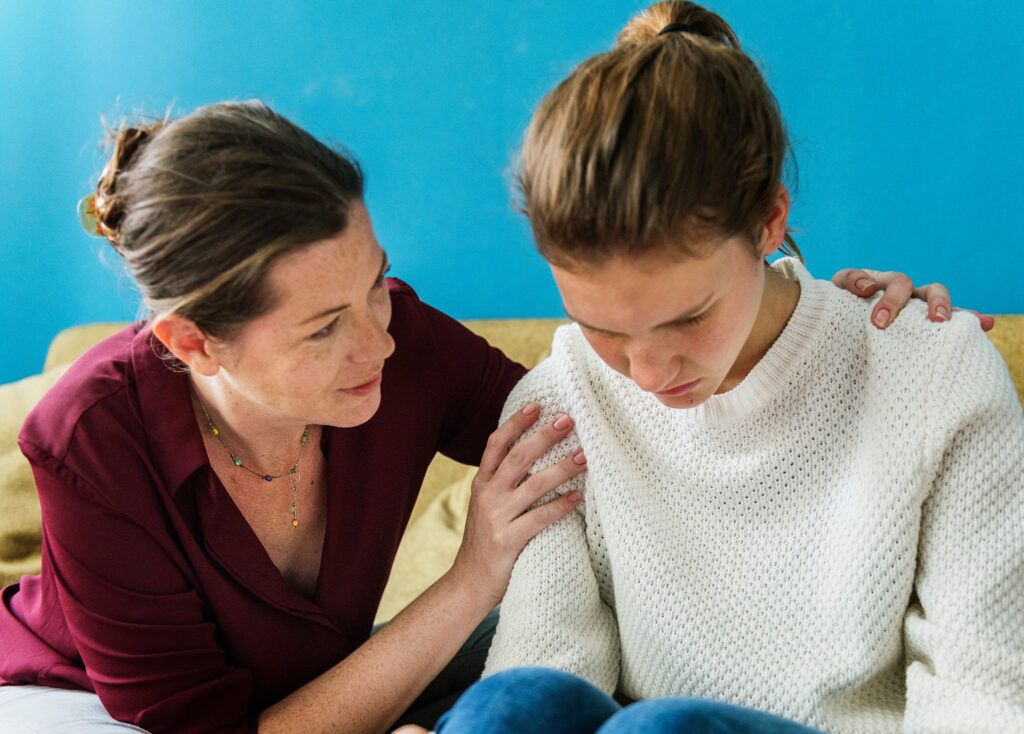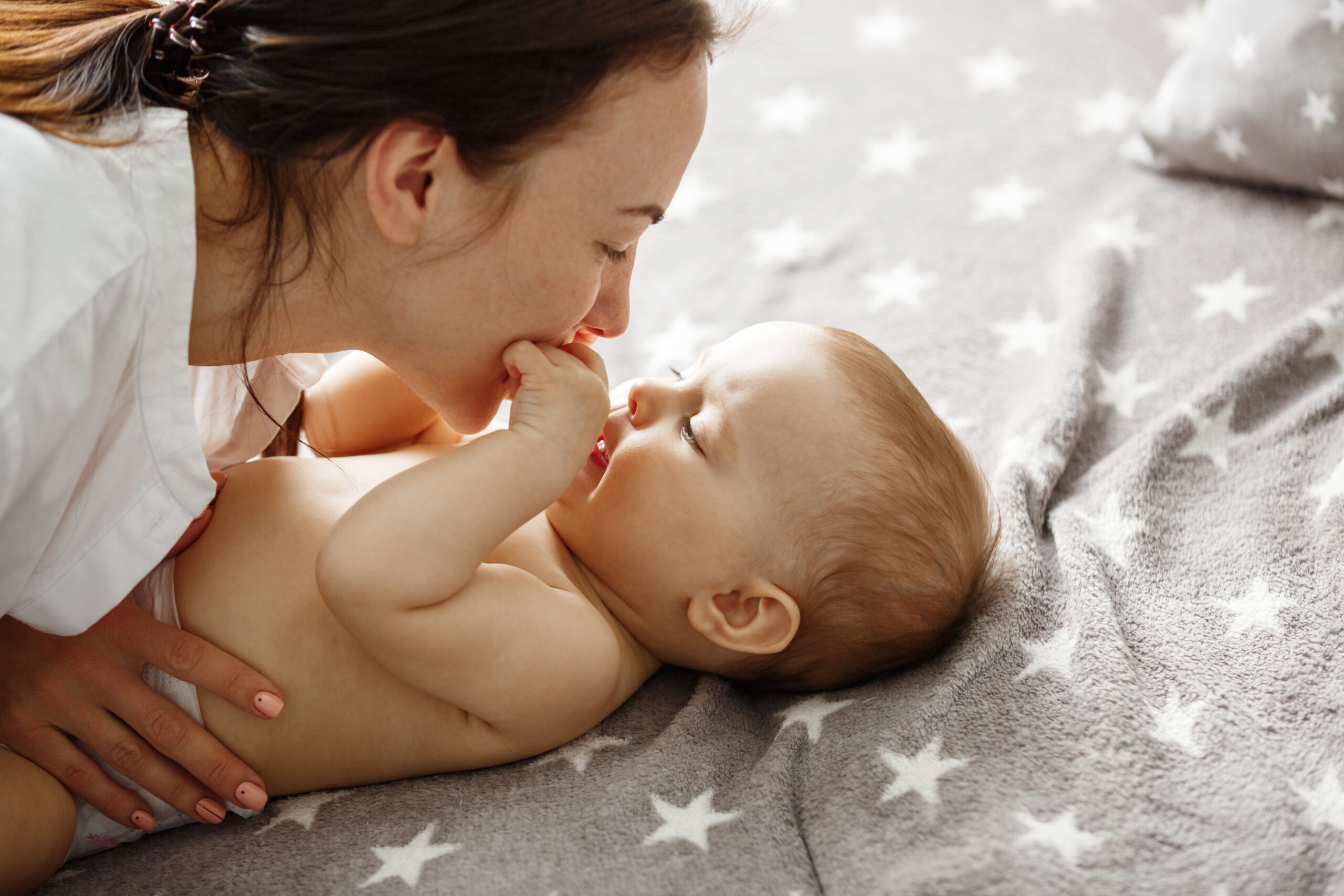If you are interested in ‘what makes people tick’ you cannot help but have noticed the mass of TV programmes focused on the development of humans from childhood to adulthood. From The Secret Lives of 4 Year Olds to Bringing up Baby they examine how early mental health in children shapes the adults they subsequently become.
Early mental health and relationships

At the heart of our wellbeing are relationships. Leading psychiatrist and children’s mental health and neuroscience expert Bruce Perry asserts that “the most important ability humans require is to form and maintain relationships for our survival, and life outcomes”. At the heart of this is family; their influence is at the core of the development of infants, children and young people.
Attachment theory
Children’s earliest relationships – called attachments – determine their future. When children feel secure and safe they develop well. Conversely children with poor attachments will experience negative impacts upon the development of their brain. Families and relationships therefore shape us and determine our future just as much as life experiences and genetics. Experiences in childhood such as violence, neglect, maltreatment and unpredictability negatively affect behaviours and social interaction.
But what does this mean in the real world; an example is Paul (name changed) who came to our counselling service.
Early mental health and adulthood: a case study
Counselling helps clients explore their personal experiences, perceptions and emotions to gain insight in to who they are. It helps them to identify and build on the strengths they possess. Within the safety and confidentiality of counselling individuals, couples and families can work through difficult experiences, many of which can come from our earliest experiences like was the case for Paul when he came for counselling with The Spark.
In his late-30s, Paul is married with a young family and a secure job. On the surface Paul gives the impression of someone who has made a good life for himself. But his earliest experiences as a child were ones of loss and emotional neglect, shaping his life all the way through childhood, adulthood and in to parenthood.
From childhood to adulthood

Paul was ridiculed at school whenever he was upset. This impacted by creating a barrier between him and his new family; being rigid in his thinking and punitive to his small children. Experiencing anxiety and depression he was becoming more withdrawn from life. Consequently his family was on the brink of breakdown.
Counselling helped Paul recognise and understand the past; his mother passed away when he was 3. The distress this caused and the deep feeling of rejection at an early age resulted in him believing the world to be a frightening place. Paul actively avoided new experiences, believing it would lead to further rejection. These very difficult experiences also came against the backdrop of his dad grieving the loss of Paul’s mum. He had been unable to care for Paul properly or to make him feel loved and secure.
Counselling and support
Counselling allowed Paul to reach a point where he felt ‘I’m ok’. The processed allowed him to conclude that his dad’s experiences shaped him so he was ‘probably ok’ as well. Paul was releasing emotions from years of shutting them out and he felt lighter, less guarded and therefore more approachable, happier and confident.
Paul’s perceptions were challenged during counselling and he was encouraged to get in touch with good experiences. Paul had been exceptionally good at tennis. He recalled what it felt like to be praised and encouraged by his coach. This provided a positive experience Paul could build upon (even accepting a compliment). From there he could ‘take a chance’ by connecting with these feelings of success in order try new experiences.
Triggers of loss and abandonment
Although a difficult personal journey his trust in his counsellor helped him feel supported and able to change. Paul’s family relationships are much better. Counselling helped him recognise that his own young children unconsciously triggered his feelings of loss and abandonment. Paul was often resentful seeing his wife give the children the attention, fussing and cuddling he had never experienced. Prior to counselling he shouted at almost everything related to his children because they would “press his buttons” and trigger anger.
Now he is able to hug and play with them and he says “they give back so much love and fun, I love being a dad.” The relationship with his wife is caring and supportive and family counselling sessions have built confidence in their joint parenting. Paul has even trained with The Spark to become a volunteer in relationship support.
Counselling and support
Are your early mental health experiences negatively impacting your life and relationships now? Speaking to a counsellor can help you understand and work through those experiences.
To make an appointment in one of our counselling centres across Scotland complete an enquiry form or call to book an online or telephone appointment.

